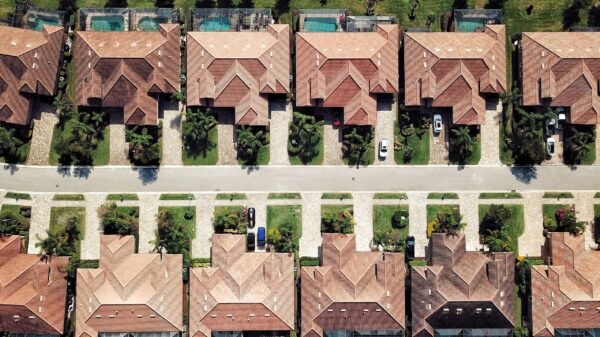Canada’s Political Shifts: Calls for Prime Minister Trudeau’s Resignation Grow
Canadian Prime Minister Justin Trudeau is facing increasing pressure from within his own Liberal Party as dissatisfaction over his leadership continues to mount. After nearly a decade in power, Trudeau’s government is grappling with a range of domestic challenges, including economic uncertainty, rising living costs, and declining public support. As internal criticism escalates, speculation about potential successors has intensified, signaling a potential shift in Canada’s political landscape.
Growing Dissent Within the Liberal Party
Trudeau’s leadership has come under fire from members of his own party who believe his ability to connect with voters and manage the country’s affairs has weakened. The Liberals have seen a decline in popularity in recent years, and many party members worry that Trudeau’s continued leadership could hurt their chances in the next election. While Trudeau once enjoyed widespread popularity for his progressive policies and charismatic leadership, growing frustration over economic issues and recent political missteps have left his position vulnerable.
Some senior members within the Liberal Party have privately expressed concerns about his handling of key issues such as housing affordability, inflation, and the cost of living—problems that have become central to Canadian voters. Additionally, controversies surrounding foreign interference, ethics violations, and declining confidence in Trudeau’s leadership style have contributed to rising internal tensions.
Potential Successors Emerge
As dissatisfaction grows, attention has turned to potential successors who could replace Trudeau as the leader of the Liberal Party. One name that has been circulating is Chrystia Freeland, the Deputy Prime Minister and Finance Minister, who is seen as a capable and experienced leader. Freeland has played a central role in managing Canada’s economy and has been an important figure in international negotiations. Her pragmatic approach and diplomatic skills make her a strong candidate to lead the party if Trudeau steps down.
Other potential contenders include Mark Carney, former Governor of the Bank of Canada and the Bank of England, who has recently become more involved in Canadian politics. Carney is widely respected for his financial expertise and leadership on climate change, and some Liberals believe he could be the fresh face needed to rejuvenate the party.
Challenges for Trudeau’s Leadership
Trudeau’s leadership challenges are rooted in several factors, including economic struggles and public fatigue with his long tenure. Canada is grappling with inflation, housing shortages, and rising living costs, all of which have eroded public trust in the government’s ability to manage the economy effectively. Moreover, Trudeau has faced criticism for his handling of foreign interference allegations, which have raised questions about his government’s ability to safeguard Canadian democracy.
In addition to domestic issues, Trudeau has faced criticism for his government’s handling of Indigenous rights, climate change policies, and diplomatic relations, particularly with China and India. These issues have further strained his relationship with certain factions within the Liberal Party, who are now questioning whether he can lead the party to victory in the next election.
Political Impact and Future of the Liberal Party
The growing calls for Trudeau’s resignation could have significant implications for the future of the Liberal Party. If Trudeau decides to step down or is pushed out, the party will need to rally behind a new leader who can address the challenges facing Canada and reconnect with voters. A leadership transition could also provide the Liberals with an opportunity to reset their platform and regain public trust, particularly on key issues such as the economy, healthcare, and climate action.
As the 2025 election approaches, the Liberal Party’s internal dynamics will be closely watched. Trudeau’s future as leader remains uncertain, and the coming months will likely determine whether he can regain support within his party or if a new figure will emerge to take the helm.
Conclusion: A Leadership in Crisis
Prime Minister Justin Trudeau is facing one of the most significant challenges of his political career as dissatisfaction within his party grows. With increasing calls for his resignation and speculation about potential successors, Trudeau’s ability to maintain his leadership is in question. As Canada navigates a turbulent political landscape, the future of the Liberal Party and Trudeau’s legacy hang in the balance. Whether he steps down or fights to retain his position, the outcome will shape Canada’s political future for years to come.































